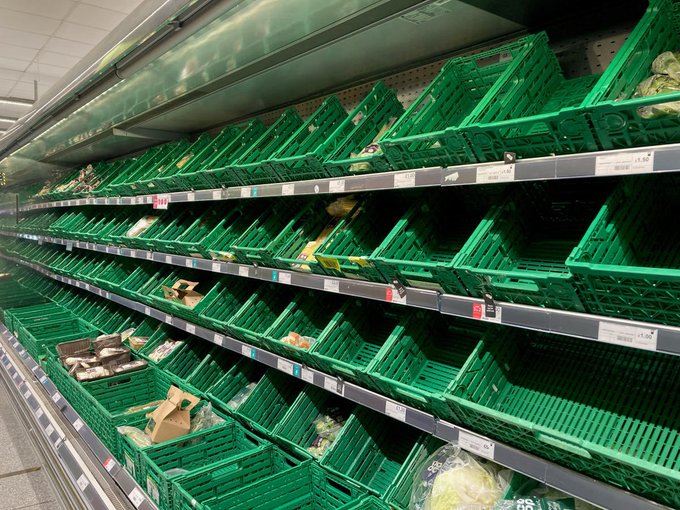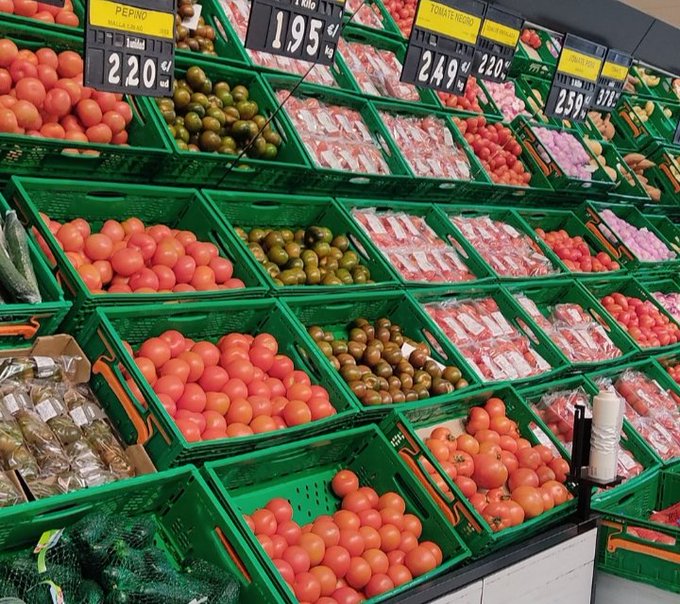
I welcome the news that the International Criminal Court in The Hague has issued arrest warrants for Vladimir Putin and Maria Lvova-Belova. This initial charge is for the illegal deportation of Ukrainian children to Russia. More charges ought to follow: for the unprovoked invasion of a peaceful country, for genocide and crimes against humanity. Many more Russian people are responsible for these horrors and need to face trail. It will no doubt take months or years for all this to unfold. Russia has not signed the Rome Statute so is not a member of the International Criminal Court, nor incidentally is USA, but the majority of countries in the World are. Any country claiming to be democratic and responsibly governed ought to be a member, but that is for another blog.
Today I want to focus on Russia. Rafael Behr wrote an interesting article in the Guardian about the situation in Russia. He stated ‘When the repressive state’s demand for ideological uniformity meets the human capacity for free thought, the result is terror but also absurdity. As the gap between official versions of the truth and reality widens, the central power insists on ever more grotesque levels of acquiescence. Passive obedience is no longer sufficient. Citizens must abase themselves with displays of loyalty.’ He continues: ‘The tone of some of the punditry on Kremlin propaganda channels is explicitly genocidal. This is a second front of the war, waged against the Russian conscience – an all-out assault on facts, evidence, reality.’ Most of the Russian population support the party line, as did most Germans in Nazi Germany. Opposition is mainly hidden, as people are cowered, in Russia now just as in Nazi Germany.
What we think of as Russia is a vast and diverse place. Away from the ethnic Russian heartlands of Muscovy resistance is brewing. Russia has always been an extremely centralized state, under Tsars, Bolsheviks, or Putin, the Imperial nature of the county has many continuities. As money and men are sucked out of these peripheral regions resentment is growing. In my book ‘System Change Now!’ I cited Kamil Galeev who predicts ‘National Divorce’, as Russia crumbles into a patchwork of very much smaller states. Sergej Sumlenny has just published a very interesting article reviewing some separatist movements within Russia itself, and Botakoz Kassymbekova writes about the importance of Russia acknowledging its past crimes in Chechnya.
It is in the independent countries that were once part of the USSR, which Putin still sees as part of his longed-for revival of the Russian Tsarist/Communist empire, that opposition to Russia is growing most openly. The photo at the top of this blog is of pro EU protestors in Tbilisi demonstrating against their government’s too close relations with Russia. Kazakhstan, Georgia, Moldova and many other countries of Central Asia, the Caucasus, and Eastern Europe are all showing more resistance to Russian domination, and are in various ways inspired by the spirit of Ukrainian resistance and the prospect of eventual membership of the EU and the prosperity, opportunities and democratic rights that membership confers. Perhaps Russia, or some of its constituent parts, may eventually join the EU, just as the UK, or some of its constituent parts, might.



